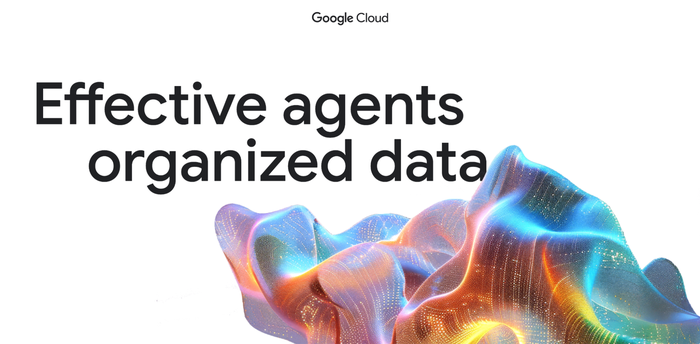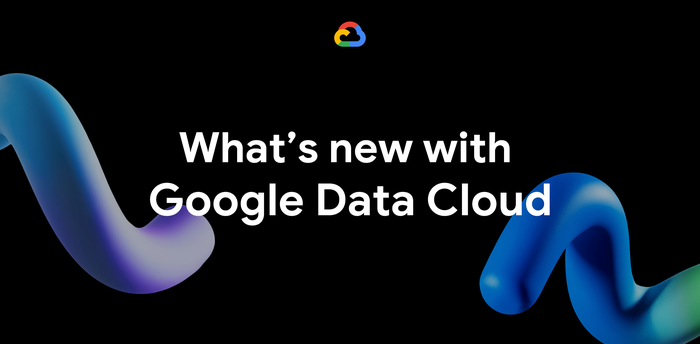Looker lets you choose what works best for your data
Joel McKelvey
Director of Product Marketing
Looker prides itself on helping customers choose the data stack that best serves their specific needs. Looker’s unique architecture lets our customers take advantage of public, private, hybrid, and multicloud environments—along with the features and benefits each provides.
To continue expanding our multicloud offering, we’re excited to be announcing the following features and capabilities that will provide greater choice for our customers.
Looker now:
- Supports more databases than ever, with 50+ SQL dialects supported (including new additions such as Actian Avalanche, BlinkDB, Mongo, Vector, and more)
- Supports OAuth with Snowflake to improve data governance and control.
- Has achieved SOC 2 Type 1 compliance when hosted on Google Cloud Platform.
- Continues to support data export (via the Action Hub) to cloud platforms such as Amazon S3, Azure storage, DigitalOcean, Google Cloud Storage, and more.
Also, beginning in November 2019, Looker will allow customers the choice to have their instances hosted on Amazon Web Services (AWS) or Google Cloud Platform (GCP), with plans to offer Azure hosting in early 2020.
And, as always, you can self-host.
We continue to invest in capabilities that enhance our multicloud approach—as well as improving interoperability with a wide ecosystem of technologies.
Expanded choice of databases and dialects
Looker speaks to databases in the language they understand—SQL. But because every database is different and speaks a slightly different dialect of SQL, creating universally applicable SQL queries is virtually impossible.
So, Looker takes a different approach. Our platform abstracts your query from the underlying SQL dialect and allows data teams to write a query once, leaving the SQL creation to Looker.
Looker now speaks 50+ different dialects of SQL, including those of the most popular modern database and data warehouse technologies. The latest database integrations from Looker include Actian, Avalanche, BlinkDB, Mongo, and Vector.
“We are proud to partner with Looker to provide our customers powerful modern data infrastructure on premises or in the cloud environment of their choosing. Together we’re helping our customers realize the true value of their data virtually anywhere and at any scale.”
— Jason Wakeam, VP Business Development and Alliances, MemSQL
Supporting multiple databases and their SQL dialects has direct business value. Looker customers can choose the database that best suits their data needs—and Looker’s support for a wide range of databases can simplify migration.
One organization using Looker with two different databases as they migrate between enterprise data warehouses (EDWs) is HR tech company Namely. By leveraging this mix of technologies, they’re continuing to bring intuitive, powerful HR tools to midsize companies.
“At Namely, data security and privacy are extremely important to us, and so is the database we choose. With Looker, we don’t need to rewrite all our queries to make them work with a new database. Looker helps us focus on putting data in the hands of users, wherever it’s located.”
— Jessica Ray, Sr. Product Manager, Reporting & Analytics, Namely
Simplified authentication and control for Snowflake users
In addition to supporting new SQL dialects, Looker is continually updating and improving how it supports databases. As a part of this announcement, we now support OAuth with Snowflake to help our customers using Snowflake authenticate and authorize data access between the two systems.
OAuth is an open-standard protocol that allows supported clients authorized access to Snowflake without sharing or storing user login credentials.
SOC 2 Type 1 compliant
Looker hosts and manages Looker deployments for the vast majority of our customers. As a Looker customer, you can now choose which underlying cloud provider hosts your Looker instance.
Deployment of Looker-hosted instances has historically been on Looker’s virtual private cloud (VPC) on Amazon Web Service (AWS). Beginning in November, customers can choose between hosting on AWS or the Google Cloud Platform (GCP).
Customers can even self-host on private infrastructure if necessary. Looker plans to support hosting on additional cloud providers soon, with Azure hosting planned for early 2020.
“While we deepen the integration of Looker into Google Cloud Platform (GCP), customers will continue to benefit from Looker’s multicloud functionality and its ability to bring together data from SaaS applications like Salesforce, Marketo, and Zendesk, as well as traditional data sources. This empowers companies to create a cohesive layer built on any cloud database, including Amazon Redshift, Azure SQL, Snowflake, Oracle, Microsoft SQL Server, or Teradata, as well as on other Public Clouds, and in on-premise data centers.”
— Thomas Kurian, CEO, Google Cloud
Earlier this year Looker achieved Service Organization Control 2 Type I (SOC 2 Type 1) certification for our hosting environment on GCP. Looker already maintains a SOC 2 Type 2 report for Looker Cloud instances hosted on Amazon Web Services (AWS).
The SOC 2 report for GCP demonstrates Looker’s commitment to security, availability, and confidentiality in our hosted production environments.
This report includes design and operating effectiveness tests for our existing hosted environment. The report also provides information on our practices — ranging from vulnerability management to endpoint protection — that affirm your information has appropriate safeguards in place.
Data where you need it, even across clouds
Looker continues to make it easy to operationalize data and insights using Looker Actions. Actions allow Looker users to deliver data directly into workflows using connected systems such as Slack or Jira.
Actions also allow users to deliver data between clouds, with query results dropped into a range of cloud storage “buckets” for use within those clouds. These pre-integrations include out-of-the-box data delivery into Azure, Google Cloud Storage, Amazon S3, DigitalOcean Storage, and other systems.
Using Looker Actions to deliver query results between clouds allows customers to leverage features that are available in specific clouds.
For example, you use Google BigQuery as your enterprise data warehouse but want to use Amazon Sagemaker for machine learning. Looker can automatically deliver training, validation, or test data sets based on a schedule you define into an Amazon S3 bucket for use by our data science team.
In other words, Looker Actions enable the use of cloud features across a range of cloud providers.
Looker supports your cloud strategy
Every organization’s data environment is as unique as its business. Success requires an analytics platform that supports your unique data stack.
Looker can do that.
With Looker, you’re able to build on cloud technologies regardless of the cloud provider. You can consolidate into a single cloud, or leverage the benefits of multicloud quickly, securely, and in a consistent, governed manner.
Whatever your strategy may include, Looker is here to help you do more with your data.


